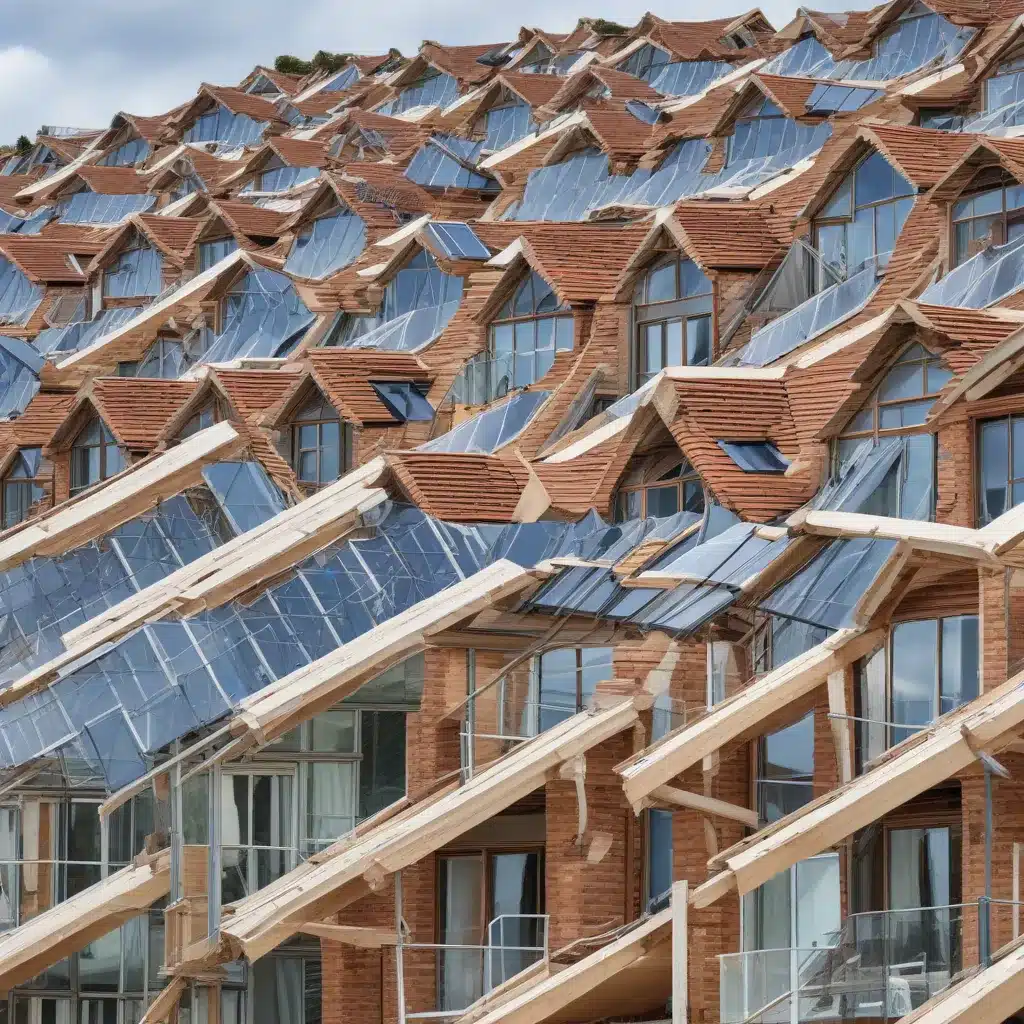
Ensuring Energy Efficiency in Building Designs across the UK: Best Practices
As an experienced home building and renovation expert, I understand the importance of ensuring energy efficiency in new constructions and retrofits across the UK. Navigating the complexities of building regulations, planning permissions, and compliance can be daunting, but with the right approach, you can create energy-efficient homes that not only meet legal requirements but also contribute to a more sustainable future.
Obtaining Necessary Permissions
Understanding Planning Permission
Before embarking on any building project, it’s crucial to understand the planning permission requirements in your local area. In the UK, planning permission is typically needed for new constructions, major renovations, or changes to the external appearance of a building. The specific rules and regulations can vary across different regions, so it’s essential to consult with your local planning authority to ensure you have the necessary approvals in place.
Navigating Building Control Approval
Alongside planning permission, you’ll need to obtain building control approval to ensure your design and construction methods comply with the UK’s building regulations. This process involves submitting detailed plans and specifications to your local authority, who will review them for compliance with safety, energy efficiency, and other essential standards. It’s important to familiarize yourself with the relevant building regulations, as they may differ between England, Wales, Scotland, and Northern Ireland.
Exploring Permitted Development Rights
In some cases, you may be able to undertake certain home improvements or alterations without the need for planning permission, thanks to permitted development rights. These rights can vary depending on the location, size, and type of your property, so it’s worth researching the specific rules that apply to your project. Understanding permitted development can help streamline the approval process and reduce the time and cost associated with obtaining necessary permissions.
Meeting Energy Efficiency Standards
Complying with Building Regulations
The UK’s building regulations are designed to ensure that new constructions and renovations meet specific energy efficiency standards. These standards are continually evolving, with regular updates to address the growing need for sustainable building practices. As an experienced home building expert, it’s crucial to stay up-to-date with the latest regulations and incorporate energy-efficient design elements into your projects.
Implementing Renewable Energy Solutions
Incorporating renewable energy solutions, such as solar panels, heat pumps, and wind turbines, can significantly improve the energy efficiency of your building designs. These technologies not only reduce the carbon footprint of a property but also help homeowners save on energy costs in the long run. When planning your project, consider the most suitable renewable energy options for your specific location and building requirements.
Adhering to Local Authority Requirements
In addition to the UK-wide building regulations, some local authorities may have their own specific energy efficiency requirements or initiatives. It’s important to research and understand the regulations in your area, as they may include additional measures or incentives for achieving high levels of energy efficiency. Engaging with your local authority early in the design process can help ensure your project aligns with their sustainability goals.
Ensuring Structural Safety
Demonstrating Structural Integrity
Structural safety is a critical aspect of any building project, and it’s essential to ensure your designs meet the necessary requirements. This may involve demonstrating the structural integrity of your proposed construction methods, as well as addressing factors such as load-bearing capacity, foundation stability, and the use of appropriate building materials.
Addressing Fire Safety Considerations
Fire safety is a crucial concern in building design, and you’ll need to comply with the relevant regulations to ensure the safety of occupants. This may include incorporating fire-resistant materials, implementing effective fire detection and suppression systems, and ensuring adequate emergency evacuation routes.
Complying with Accessibility Standards
Accessibility is another important consideration in building design, particularly for residential projects. Your designs should comply with the relevant accessibility standards, such as the Equality Act 2010 in England, Wales, and Scotland, or the Disability Discrimination Act 1995 in Northern Ireland. This may involve incorporating features like level access, wide doorways, and adaptable living spaces.
Legal Documentation and Compliance
Navigating Building Regulations Legislation
The UK’s building regulations can be complex and ever-changing, so it’s crucial to stay informed about the latest legal requirements. This may involve familiarizing yourself with the relevant legislation, such as the Building Regulations 2010 in England and Wales, the Building (Scotland) Regulations 2004, or the Building Regulations (Northern Ireland) 2012.
Preparing and Submitting Building Regulations Applications
When it comes to securing the necessary approvals, the process of preparing and submitting building regulations applications can be detailed and time-consuming. It’s important to carefully gather all the required documentation, including detailed plans, specifications, and supporting evidence, and to submit the application to the appropriate local authority in a timely manner.
Handling Inspections and Compliance Checks
Throughout the construction process, your project will likely be subject to various inspections and compliance checks by local authorities or approved inspectors. These checks are designed to ensure that your building work adheres to the approved plans and meets the necessary safety and energy efficiency standards. Cooperating fully with these inspections and addressing any identified issues promptly is crucial for maintaining compliance.
By understanding the key requirements and best practices for ensuring energy efficiency in building designs across the UK, you can create homes that not only meet legal standards but also contribute to a more sustainable future. Remember to stay informed, work closely with local authorities, and prioritize energy-efficient solutions to deliver exceptional results for your clients. For more information and resources on building regulations compliance, visit https://abc-home.co.uk/category/building-regulations-compliance/.
















